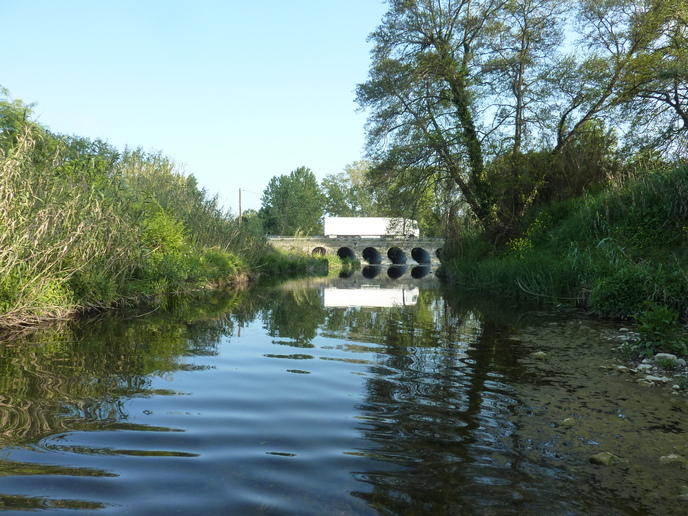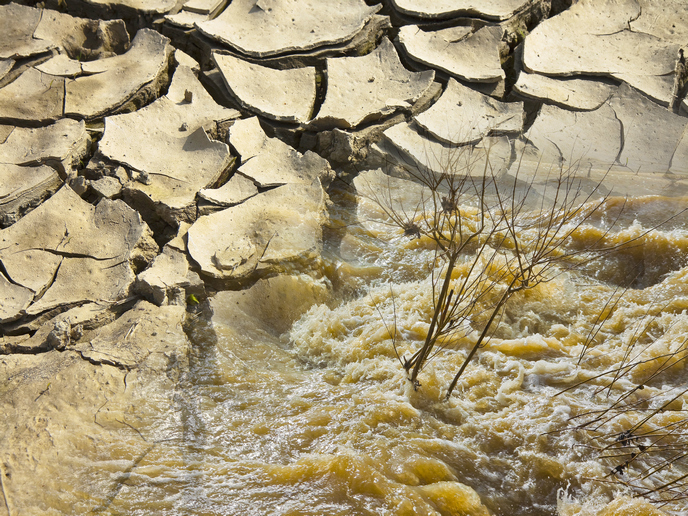Saving the world's wetlands
The WETWIN approach for stopping and reversing the ongoing degradation of wetlands was based on the four basic premises of wetland management: wise use, adaptive management, integrated water resource management, and participation of local communities and stakeholders. Seven wetlands were investigated from Africa, Europe and South America. WETWIN researchers identified a range of problems at the case study sites. These included desiccation and terrestrialisation due to reduced inflows, encroachment and disturbance, pollution and diseases like malaria from mosquito vectors in the tropical wetland habitat. Moreover, the high nutrient content of these wastewaters, plus the nutrient-rich runoff waters coming from the agricultural lands result in eutrophication problems. Involvement of stakeholders from the case study sites played a crucial role in the project throughout. The WETWIN project applied an ecosystem services approach for characterisation of the natural and socioeconomic statuses of wetlands. Characterisation was followed by the identification of major environmental and livelihood issues/problems at the wetlands. Cause–effect mechanisms behind the problems were explored with the help of the driving-forces, state, impact and responses (DSIR) methodology. WETWIN researchers were particularly concerned about reducing vulnerability in the wetlands in terms of external impact (EI) and adaptive capacity (AC). Their aim was to apply appropriate management interventions on a local to large scale. These actions could turn the state of the wetlands, and also that of the basin, from vulnerable to resilient. Wetlands International is a non-profit organisation for conservation of wetlands. They aim to organise several dissemination activities that may include WETWIN factsheets in French, training materials and guidelines, and a brochure on health impact. Further development of a sophisticated model system for the Inner Niger Delta (IND) leading to a high-resolution digital terrain model is also planned. The outcomes of WETWIN are expected to enhance the recognition of the functions and services that wetland ecosystems provide on local and on river basin scales. The alarming messages of the project about the degradation and vulnerability of wetlands will help to raise awareness in politicians, managers and stakeholders. These interventions will bring conservation, restoration and sustainable management of wetlands more into the limelight.







